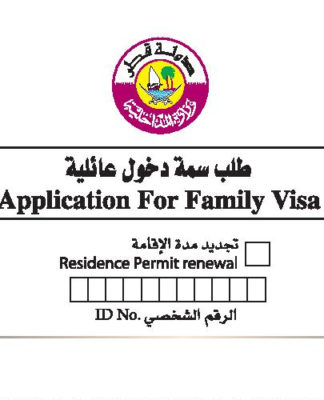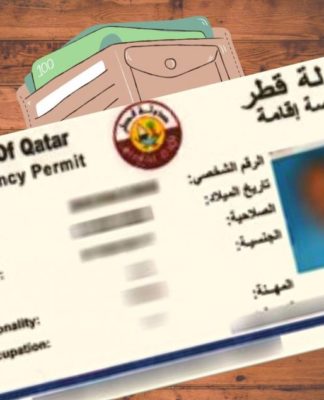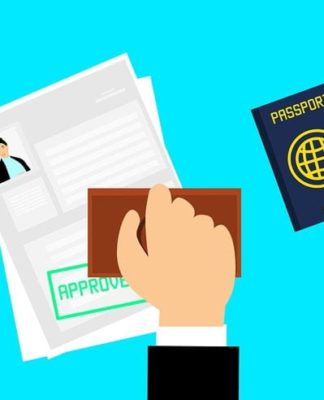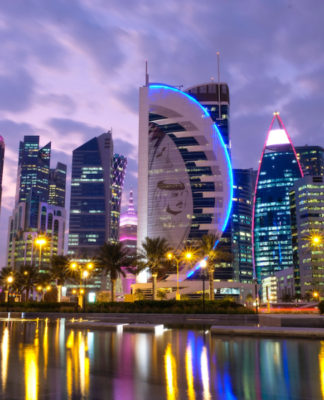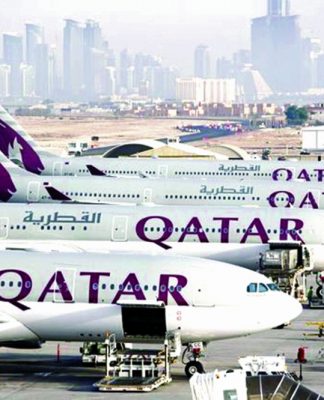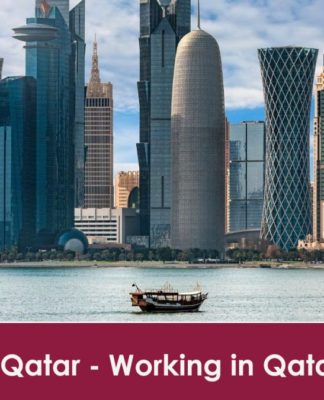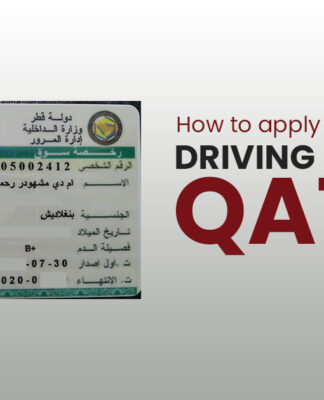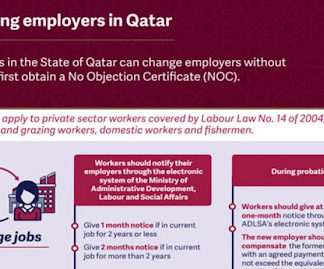A report by the Gulf International Forum confirmed that three years after the start of the Gulf crisis, there were no results. The report translated by “Al Sharq” stated that last March, after the World Health Organization announced that the “Covid-19” pandemic, two senior Qatari officials participated. In a hypothetical emergency meeting of the Gulf Cooperation Council countries to discuss regional strategies to face health emergencies.
Therefore, the epidemic presented an opportunity for rapprochement between the Gulf states, which increased the chances of gradually reopening relations. For the first time since its inception in 2017, diplomatic tension in the GCC states is showing signs of ebbing, even if the path toward full and formal reconciliation remains unclear.
The report showed that all Gulf countries have a high risk of exposure to “Covid-19” because they have invested heavily in air transport, tourism and logistics, which requires a large movement of people. The slowdown in supply chains, in an effort to reduce this risk, has undoubtedly hurt the lives of the region’s residents.
Gulf governments have also taken concrete steps in combating the virus collectively, indicating their willingness to ease tensions if not to resolve the conflict immediately. However, the combination of the epidemic and the oil price crisis has created structural difficulties for other Gulf countries involved in an economic transformation process, which have been exposed. The repercussions of the epidemic.
The report continued: Regional talks were resumed in early 2020 to discuss the impact of the Coronavirus in the region. Ironically, given Doha’s experience with the regional blockade imposed on it by the member states of the Gulf Cooperation Council, it was able to deal with how to face emergencies. After establishing national companies and securing food locally, Qatar was able to strengthen commercial ties with countries that it enjoys good relations with, such as Turkey and the Sultanate of Oman. Therefore, Qatar has a lot of experience in how to manage crises.
Coordinated response The
report highlighted that resolving the Gulf crisis will make it possible to coordinate responses to the epidemic in the long term because economic and social difficulties threaten the Gulf countries more than health. Despite its global impact, the Covid-19 pandemic could be an opportunity for the Gulf Cooperation Council to rise above the crisis. Ending the conflict could help stabilize the Gulf region amid the pandemic, and prevent tensions from escalating further as Gulf states both deal with an unprecedented medical and logistical emergency. While an official truce is still unlikely in the short term, the priorities of the individual Gulf Cooperation Council states will remain internal stability, as each of them has to grapple with the repercussions of the epidemic.
The epidemic – which caused a massive drop in consumption, after a period of surplus production – has added more obstacles to the economic transformation strategy of the Gulf states.
In such a scenario, only cooperation and integration can help overcome these obstacles and barriers. The Coronavirus crisis, given its economic repercussions, can encourage efforts to repair relations and facilitate rapprochement between the Gulf Cooperation Council states.
A coordinated response will allow individual Gulf Cooperation Council states to mitigate the social and economic impacts and repercussions of the epidemic. While diplomacy failed, the pandemic forced countries to move toward cooperation. This turbulent period has prompted rival nations to put their differences aside in order to confront the most threatening common enemy: the pandemic. Faced with an unprecedented loss of GDP, the diplomatic errors that occurred within the GCC countries cannot be allowed to continue. The crisis has become costly and pointless. Therefore, the need to overcome the epidemic is driving the members of the Gulf Cooperation Council together. The report indicated that the Corona virus has convinced the governments of the Gulf Cooperation Council countries that the state of health emergency requires regional and international cooperation.
On the economic level, a number of GCC countries are overly dependent on oil or gas exports. But the economic crisis caused by the epidemic, made it clear that these countries must shift their focus away from oil in order to resist economic turmoil. The blockade on Qatar has produced positive results, as it has not faced the problems of relying on oil exports like its neighbors. Qatar left OPEC on January 1, 2019, and became the world’s largest producer of liquefied natural gas. Qatar responded to the blockade by stabilizing its economy, boosting exports, increasing domestic food production and accelerating reforms.
















